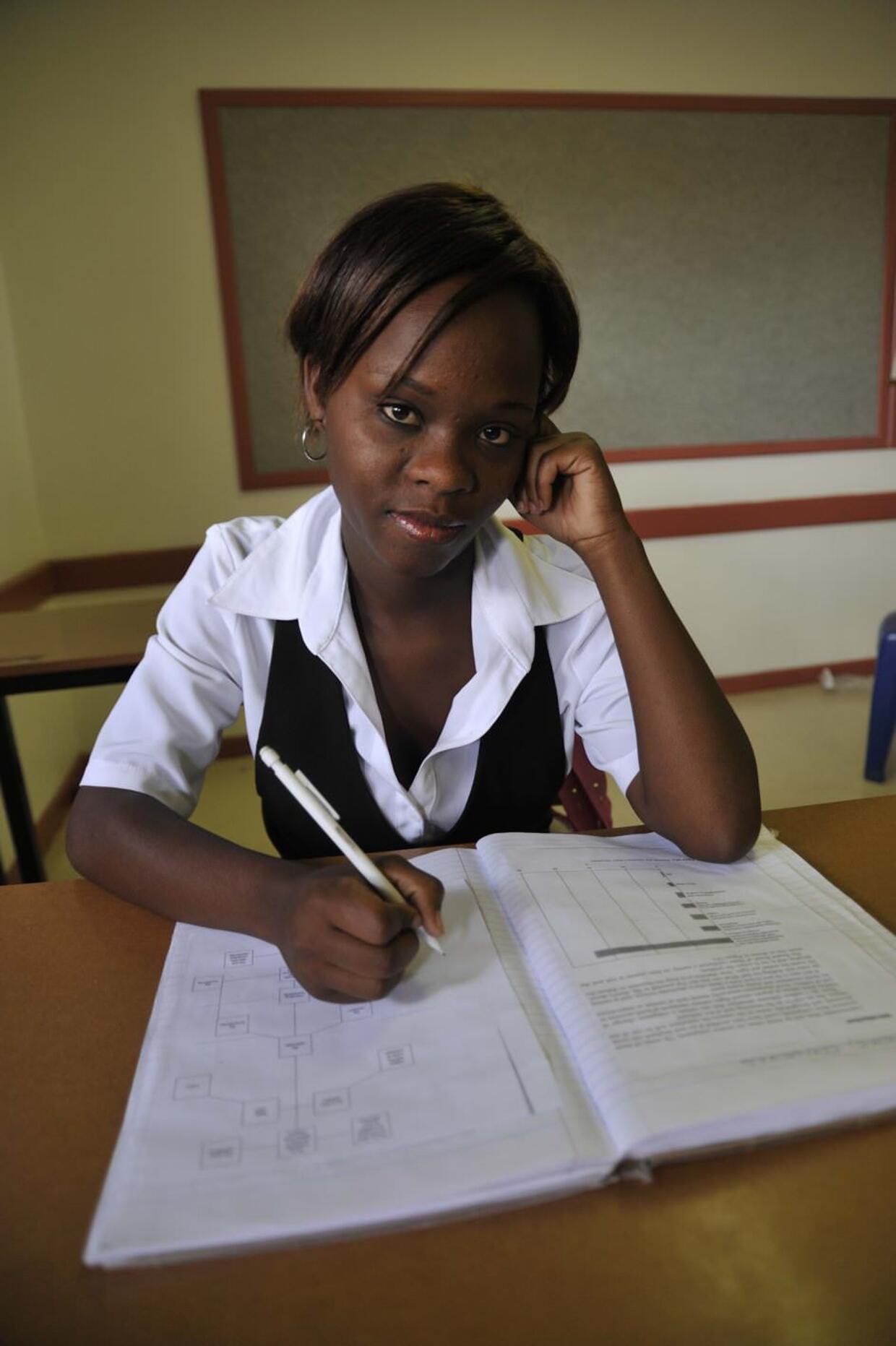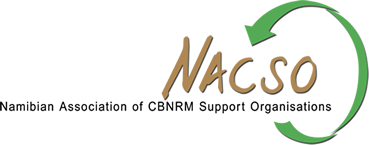
Jacobus !Narib owns six cows. He used to own seven. Six or seven: that's barely enough for a farmer to survive on, even if you count in the twenty odd sheep and goats. Jacobus and his wife Elisa survive largely because of their old age pensions, in the arid centre of Kunene where the sun beats down hard on sandy soil.
But the story of hand-outs is starting to change in this part of the world. Jacobus is a member of ≠Khoadi-//Hôas Conservancy, and that is starting to make a difference. Namibia has 79 communal conservancies, covering almost 20% of the country, and they are little short of a social revolution.
Rewind twenty odd years to before independence. Namibia was occupied by South Africa, itself under the yoke of racial apartheid. Government made all the rules for rural folk. It had forced the Damara and other peoples off of productive land and onto infertile 'homelands' to make way for white settler farmers. Damaras like Jacobus and Elisa had to make do with rock and sand, and breed livestock in constant sight of predators: lion, leopard and hyaena.
After independence the new government took stock, and legislation in 1996 allowed for the establishment of communal conservancies: self-governing entities where rural people would have control over natural resources, including wildlife.
One of the first four conservancies to be established was ≠Khoadi-//Hôas in 1998. Farmers were unsure at first. What would the conservancy bring? Its stated intention was to conserve wildlife, the very wildlife that preyed on cattle and goats. For sure, residents in the new conservancy area wanted their children to grow up to see elephants (≠Khoadi-//Hôas means Elephant Corner), but needed to know that the conservancy would bring income.
It did. Like most conservancies, ≠Khoadi-//Hôas depended at first for revenue upon trophy hunting. The income allowed the conservancy to employ game guards known as environmental shepherds. With game guards and a game management plan, wildlife numbers began to recover. In the past poaching had been rampant, but the conservancy put a stop to that.
With increased wildlife, tourism becomes an economic option. ≠Khoadi-//Hôas applied for a grant from the EU to build a lodge, and once Grootberg Lodge was established, with a stunning view down the Klip River Valley, things took a big turn for the better. The lodge is a money-spinner for the conservancy. That doesn't mean everybody gets rich. The conservancy has costs: a small management team, game guards, a vehicle. It all adds up. ≠Khoadi-//Hôas tries not to spend too much on administration. The game guards use donkey carts rather than vehicles. The money that is left over is ploughed back into the community, and here we come back to Jacobus.
The reason he sold a cow was that one of his daughters died. He was already feeding several grandchildren from his and Elisa's pension money. When the daughter died he had four more children to cope with. The cow brought in about 3,000 dollars, just enough to pay for a year's schooling for three of the children and to cover their other needs.
Jacobus and Eliza don't have any children working in the lodge, which would bring some income into the family, but the conservancy does assist students with bursaries. The fourth grandchild of Jacobus and Eliza is Clementine /Aubes, currently studying Tourism at the Hotel School of the Polytechnic in Windhoek. She took a loan to pay for her tuition, and the conservancy is paying her accommodation costs.
The conservancy believes in education. It also assists two primary schools hostels with game meat. ≠Khoadi-//Hôas is investing in the future and moving away from hand-outs. It is income from tourism that is paying for Clementine, aged 20, to complete her education. She wants to be a lodge manager or work for a tourism company one day. When she succeeds, she will be an asset to the family and the conservancy. It's a small, but vital step on a road to rural transformation.
